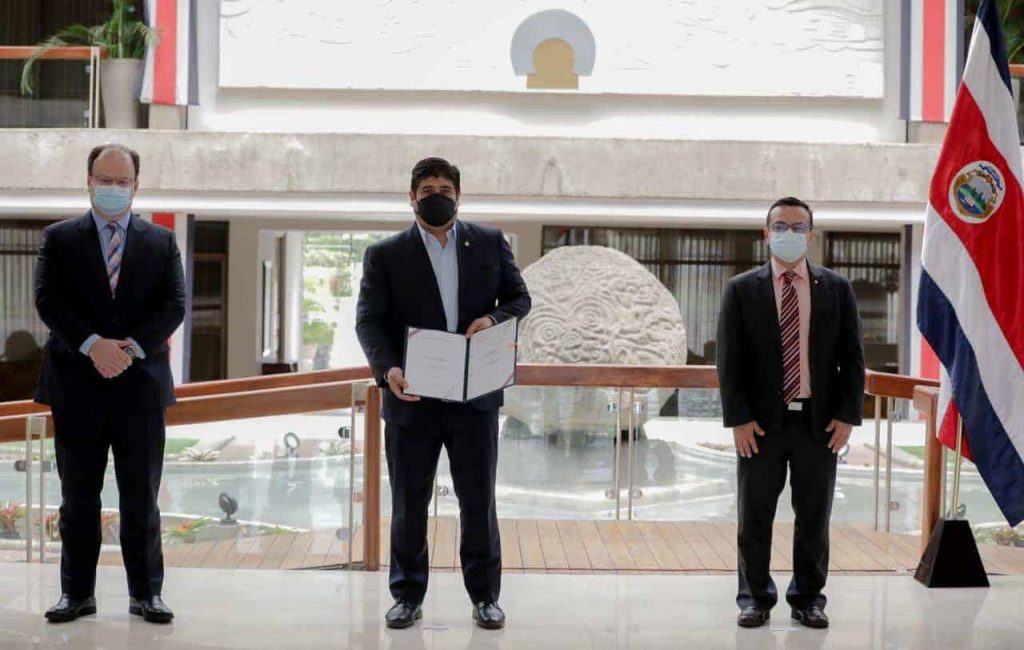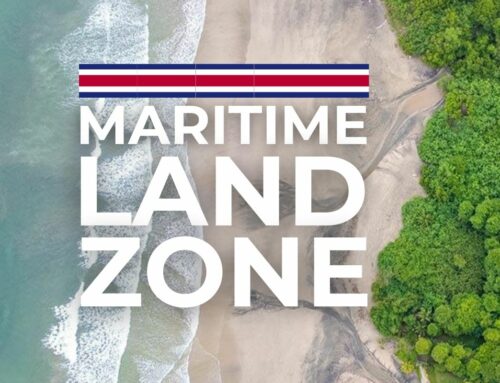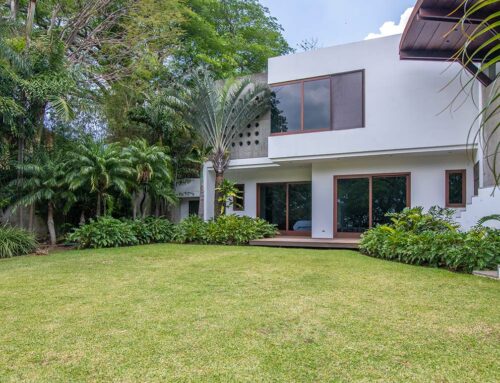Costa Rica’s new investment incentives create a more favorable context for real estate investors and visitors interested in establishing residence or investment in the country. This applies for luxury home purchases in Costa Rica, other real estate, or various types of assets through law 9996.
“Law for the attraction of investors, renters and pensioners” (law 9996) adds regulatory and fiscal incentives for investors, retirees and digital nomads interested in Costa Rica. Under the new legislation, any foreign investor who seeks temporary residence as an investor, needs to demonstrate a minimum investment of US$150,000 (previously, it was US$200,000) in real estate, registrable assets, stocks or projects of national interest.Although the process involves significant administrative procedures, Costa Rica’s government seeks to facilitate the process and reduce barriers for those who invest in the country in the upcoming years. The new laws provide a more favorable conditions for those who want not only to invest but also to enjoy a significant part of their time in Costa Rican territory.
“This law reduces the financial requirement by 25%, so foreigners can earn their investor residence vía investments in the country. The investor residency benefit applies not just for themselves, but their dependents as well.”
Gustavo Segura, Minister of Tourism
About Law 9996:
This law increases the benefits of investment in Costa Rica by classification of ‘investor residence’ making it easier and beneficial for foreigners who wish to buy a luxury home in Costa Rica. Although the process involves significant red tape, the state seeks to facilitate the process and reduce barriers for those who invest in the country in the upcoming years.

Costa Rica Investment Incentives:
- Exoneration of twenty percent (20%) of the total transfer tax, in those real estate properties that acquired within the terms of this law.
- A 100% exemption on income tax.
- The valid drive’s license granted in the beneficiary’s country of origin will also be considered valid in Costa Rica.
- May open saving accounts in the national banks.
- Beneficiaries can import up two vehicles, for personal or family use, free of all value-added taxes. In case of loss of the vehicle due to theft, total destruction by fire, flood, collision or accident during the term of the benefits, you can import another vehicle free of the indicated taxes.
- Foreign persons classified under this scheme as “investor, retired resident, or rentier resident” will not automatically be considered tax residents.
- Exemption from import taxes for instruments or materials for scientific or professional practice.
- Tax exemptions may be made on importing household goods (one time only)
Requirements :
- Applicants must demonstrate that they receive a monthly income of no less than US$3,000 and they can include their family group if the monthly wage is more than US$4,000.
- Must have a medical insurance policy covering the applicant and family members during all the stay.
- Any other requirement of the “Estancia” category (Photographs, birth, marriage certificates, visa fees, others).
- Other requirements will be defined by Migration authorities.
The investors or retirees who opt for these benefits during the first five years of the law, will keep them for a period of 10 years from the date they were granted.
“In this way, it is intended to produce a necessary revitalization of the economy and a recovery of the levels of foreign investment of a decade ago”
Gustavo Segura, Minister of Tourism of Costa Rica
For more information read the complete text of the law Nº 9996: here.
What is a Digital Nomad?
The “Digital Nomad” Visa is a part of a new “Estancia” category that seeks to attract remote workers to the country, while providing them legal security and incentives to those foreign nationals and companies who choose Costa Rica as their headquarters.
Digital Nomads are people who use telecommunications and technology to earn a living. They work for themselves by completing tasks from distance, unlike standard remote workers who usually work from home or in co-working spaces.
This law will grant year-long vistas in Costa Rica for qualifying remote workers. The Digital Nomad Visa is granted for a year, renewable for a single additional year if the beneficiary person has stayed in the country for a minimum of 180 days. It is worth to saying that Digital nomads do not qualify for tax residence, nor their income will be considered as Costa Rican based. This benefit does not apply to family members.
Requirements for digital nomads:
- Proof of a stable monthly salary, fixed income or a average monthly income, during the last year, for an amount equal to or greater than $3,000. If the applicant chooses to request benefits also for their family group, the income may be combined with a spouse or one of the other family members and must in that case reach the sum of $4,000. In either case, it must be income that can be continue to be received even if the person is not in their country of origin.
- Obtain a medical insurance policy that covers the applicant throughout their stay in Costa Rica. The General Directorate of Migration and Foreigners will determine the conditions or minimum coverage that this policy must have.
- Make a one-time payment for the granting of a non-resident visa, as a Worker or Remote Service Provider. The amount has yet to be determined.
- Any other requirement derived from the General Migration Law and Immigration Law No 8764.








